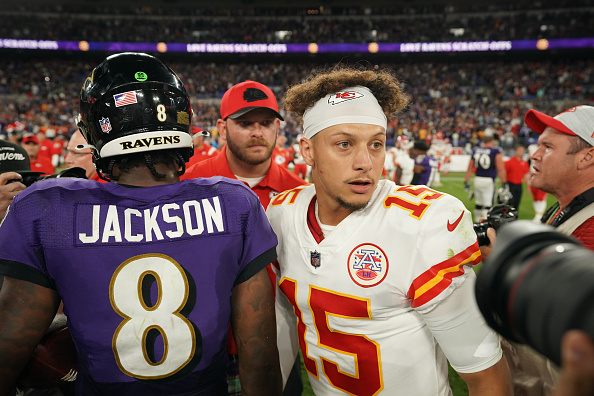If you’ve been involved with sports betting for a while, you may have started to notice that it has more than just a few things in common with the game of poker. Pro poker players often make good bettors, and vice versa, but there’s more to the relationship between sports betting and poker than pure competition.
The tips and strategies that poker players use to build profitable careers can often come in useful when approaching sports betting. In this article, we’ll be taking a look at how playing poker, even at a recreational level, can make you a better bettor.
Poker and Sports Betting
To casual bystanders, both sports betting and poker seem more like games of chance than skill-based pursuits. There are no foregone conclusions in either discipline – after all, nobody knows the outcome of a sports game beforehand or who will have the best hand at the felt – but the sheer fact that there are odds involved in both indicates that some outcomes can be calculated to a degree of certainty.
This analytical approach to odds, including analyzing all available data, making effective decisions on unknown quantities, and turning it all into tangible calculations is something that skilled poker players are known for. Combined with solid bankroll management, it’s the perfect recipe for success at the felt.
Sports bettors can apply this approach to wagering too. At its core, sports betting is all about measuring odds against realistic outcomes of an event, so adopting an analytical approach can make a significant difference to your results.
How to Integrate Poker Mindset and Strategy
Alongside changing up your approach to making wagers, you can also integrate key poker mindset and strategy elements into your sports betting endeavors. Playing poker will teach you a lot about how to deal with your emotions as you make decisions, as well as the natural ups and downs of real money gaming.
Take variance, for example. Variance is one of those things that’s simply unavoidable in the field of sports betting; underdogs topple favorites and rank outsiders win championships against all the odds seemingly from out of nowhere. To sports bettors, variance can be costly, but poker players know that it’s all just part of the game.
On a basic level, poker strategy involves playing the best hand possible. But any player with even a few games under their belt knows that on occasion, poker hands probability can go out the window during the course of the game and the weakest hand can sometimes topple a Royal Flush.
Since variance is inherent to the discipline, poker players just accept that it happens and focus instead on playing the next hand and the next game. This is something that sports bettors need to integrate into their process too; sometimes all you can do is accept the losses and wait for the next betting opportunity to come along.
Another crucial strategy that sports bettors can learn from poker is that of exploiting edges to ensure maximum value. If you really want to win wagers, particularly when it comes to fixed-odds betting, it’s imperative to find value in betting markets by identifying those occasions when bookmakers have made mistakes.
For some events, bookies produce odds that are simply attractive enough to encourage bettors to place bets. They don’t actually reflect the true probability of each outcome. Much like a poker player would search for value by calculating pot odds to determine if a game is worth continuing to play, as a sports bettor, you need to determine whether or not a potential outcome of an event would be worth wagering on.
Finally, all sports bettors can benefit by avoiding making wagers and betting decisions based purely on emotions. Sure, most sports fans have their favorite teams, players, jockeys, or athletes, but making good betting decisions involves a level of detachment from loyalty.
Check us out on our socials:
Twitter: @PTSTNews and @TalkPrimeTime
Facebook Page: Prime Time Sports Talk
Join our Facebook Group: Prime Time Sports Talk
Instagram: @ptsportstalk
Main Image Credit: Embed from Getty Images







